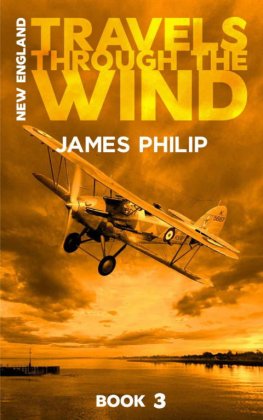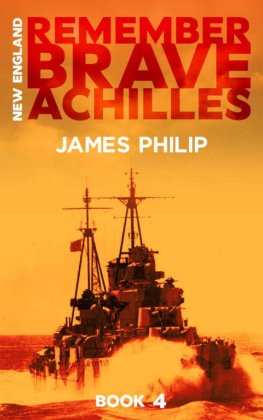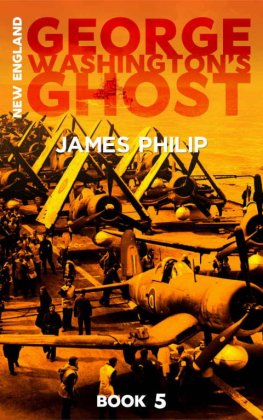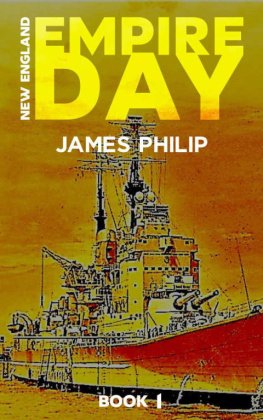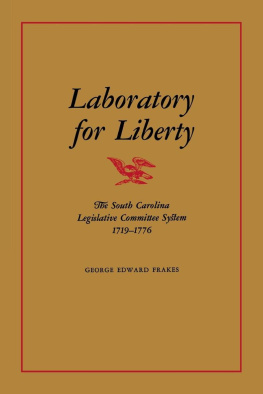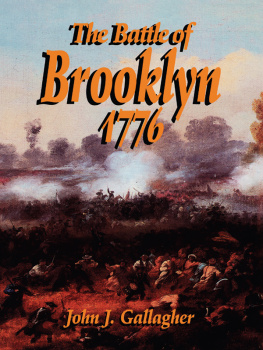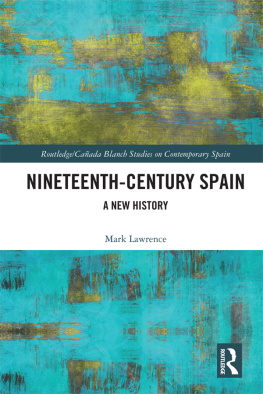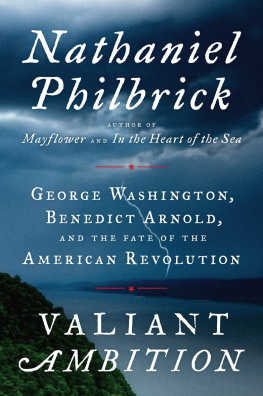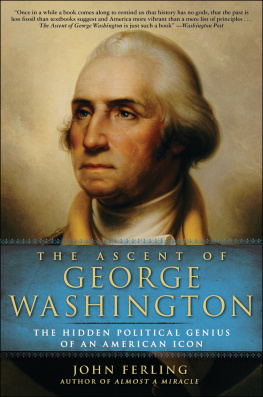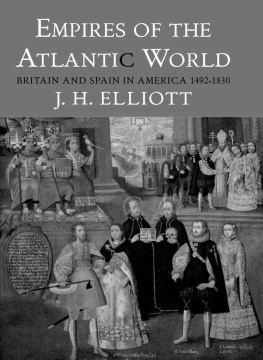James Philip
________
TRAVELS THROUGH THE WIND
________
It was announced that Isaac Putnam Fielding, the sixty-year-old New Yorker awaiting trial for his part in the Empire Day outrages of 1976, took his own life on 18th November 1977. The statement issued by the Home Office reported that he was found hanging in his cell at Wormwood Scrubs Prison, in West London, in the early hours of that morning. Attempts to revive him were made but he was declared dead on arrival at St Thomass Hospital.
Fielding was the author of the book Two Hundred Lost Years, for three decades the semi-liturgical source book for a succession of obscure secessionist and anti-imperialist groups mainly based in the Crown Colonies of Massachusetts, New York, Delaware and Virginia. His history is a murky one given that he was for many years an undercover operative of the Colonial Security Service (CSS), for whom he remained a so-called confidential informer until as recently as 1972. Rumours abound that Fielding was at various times used as a paid agent provocateur by more than one New England constabulary, infiltrating a group known as the Brothers of Liberty. His association with the CSS appears to have terminated unhappily, coincidental with a brief mental breakdown he suffered after his wife, Rachels, death in 1973.
By all accounts Fielding was estranged wholly or partly from each of his four children at the time of the Empire Day atrocities. Not least the most extraordinary aspect of his part in those tragedies is that he seemed, to many observers, to go out of his way to tacitly implicate his daughter, her husband and all three of his sons in the affair, a pretence he doggedly maintained for the best part of a year after his initial arrest.
I am given to understand that Fielding was confronted by his sons at Fort Crailo Prison in Albany shortly before his first, abortive trial. This was, apparently, a somewhat fraught affair during which a punch, or punches were thrown. It is telling that none of Fieldings children visited him prior to his transfer to England last September, or according to prison authorities, subsequently made any attempts to communicate with him directly, or through third (legal) parties.
Contemporary colonial historians and I confidently say every journalist in the Empire worth his or her salt, were eagerly looking forward to Fieldings forthcoming trial hoping against hope that previously classified details of his activities during his long career with the CSS would see the light of day in court.
Unfortunately, it now seems likely that these documents normally embargoed for sixty years under the purview of the Official Secrets Act will now be buried in the archives of the CSS in Virginia for the full term, thus denying New Englanders access to papers which might shed untold light on the true history of the First Thirteen in the second half of the twentieth century.
Notwithstanding that Fielding made what he claimed to be a full confession to the authorities in respect of his crimes and entered guilty pleas to all charges laid against him at his trial in Albany (abandoned after the attempted assassination of the head of the CSS, Brigadier Matthew Harrison) last November, his death just three months into a probable sentence of life imprisonment without the option of remission, leaves something of a bad taste in the mouth. Not least because it is now unlikely that the whole story of the 4th July 1976 outrages will ever see the light of day.
This is a most unsatisfactory outcome.
Melody Danson, the woman credited with finally persuading Isaac Fielding to confess to his heinous crimes, echoed this sentiment while she was in London when we exchanged correspondence in December, shortly before she travelled to Madrid. Ms Danson, who is currently attached to the Joint Anglo-Spanish Commission of Inquiry into the alleged involvement of rogue elements in the Empire of New Spain in the Empire Day events, was commenting upon hearing the news of Fieldings death and she kindly gave me leave to quote her words verbatim.
I felt all along that Isaac only understood a small part of the bigger picture. Yes, he claimed responsibility for everything but when one drilled down into his confession it soon became obvious that he had had no knowledge of key elements of the conspiracy. True, he might in one sense have been the father of that conspiracy but like many fathers, what happened post-conception was largely out of his control.
Former Detective Inspector Danson of the New York Constabulary, was the high-profile investigator brought in by the Governors Office to review the evidence against Isaac and his sons in June last year. She was remarkably dare one say, refreshingly candid with this reporter.
No, there was never any cover up. Frankly, the monstrosity of the outrages on the 3rd and 4th of July 1976 beggared the imagination of us all, myself included. Given the atmosphere of suspicion, public alarm and the need for the civil powers to keep good public order and to safeguard innocent third parties who might otherwise have been caught up in a violent backlash, I honestly believe that the New York authorities did all that was in their power in the extraordinary circumstances which confronted them in the days after the atrocities. My own role in this? Well, I was simply brought in to dot the Is and cross the Ts, which is what professional detectives do every day of their working lives. Why me? Because I was an outsider who had not been involved in the initial investigation. I just happened to be in the right place, available at the right time and was honoured to be of service to the Office of the Governor.
Ms Danson was rather more elliptical when questioned about her current assignment in Madrid.
My work here is governed by diplomatic confidence; you must speak to the head of our joint mission with our Spanish hosts.
At the time of writing the circumstances around the death of Isaac Fielding remain the subject of an ongoing inquiry by the Metropolitan Polices elite Criminal Investigation Department. A spokesman for Scotland Yard has refused to comment further other than to emphasise that any death in custody within a high security environment is automatically treated as suspicious until proven otherwise.
In the meantime, the continuing silence from the Foreign and Colonial Office on the progress if any of the Joint Commissions work in Spain must give rise to concerns that the involvement of Spanish nationals and sympathisers in the Empire Day abomination, may not have just been the work of a handful of fanatics operating on their own initiative but, perhaps or in part, been instigated by organs of the Spanish Government, or even by agents close to the King Emperor, Ferdinand and his court in Madrid.
The death of Isaac Fielding cannot but further unsettle the mood of many New Englanders who rightly, believe themselves to have been the victims of an outrageous, cowardly attack and that the Crown has, in the intervening twenty-one months done little to obtain satisfaction from those shadowy parties they, New Englanders, hold substantially responsible.
Isaac Fieldings daughter, Victoria and his middle son, William declined to comment on their fathers death. However, Fieldings eldest and youngest sons, Major Alexander Lincoln Fielding of the Colonial Air Force and Surgeon Lieutenant Abraham Lincoln Fielding of the Royal Naval Air Service, both of whom are currently on active service were so good as to find time in their busy schedules to speak with me.
Many readers will recollect that, coincidentally, I actually flew with Alex Fielding on the morning of the Empire Day attacks. Since his release from prison last year I have been privileged to get to know him, and his wife, Leonora well. At the time we spoke Alex was preparing to take his squadron down to the South West and his wife was expecting the couples first child.

